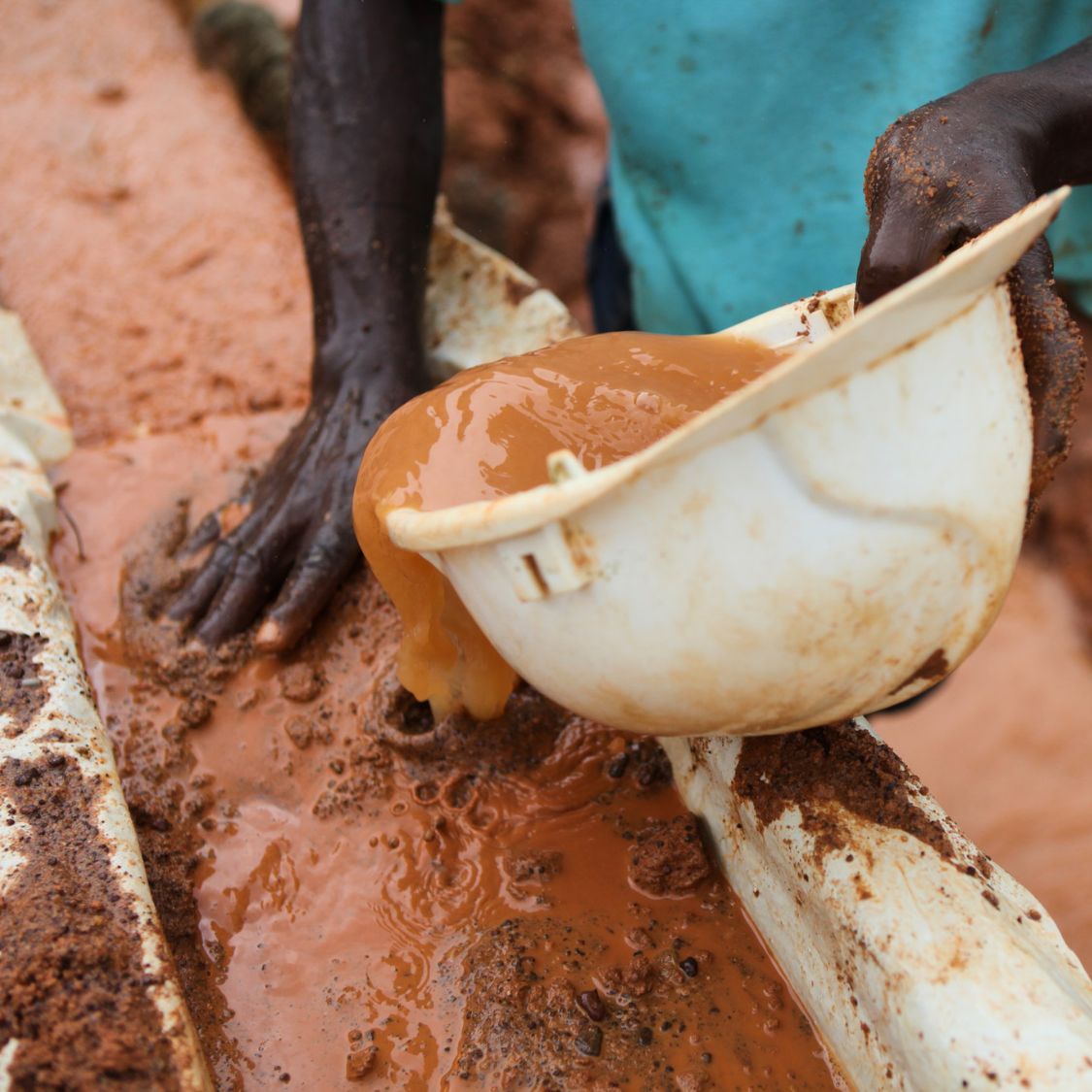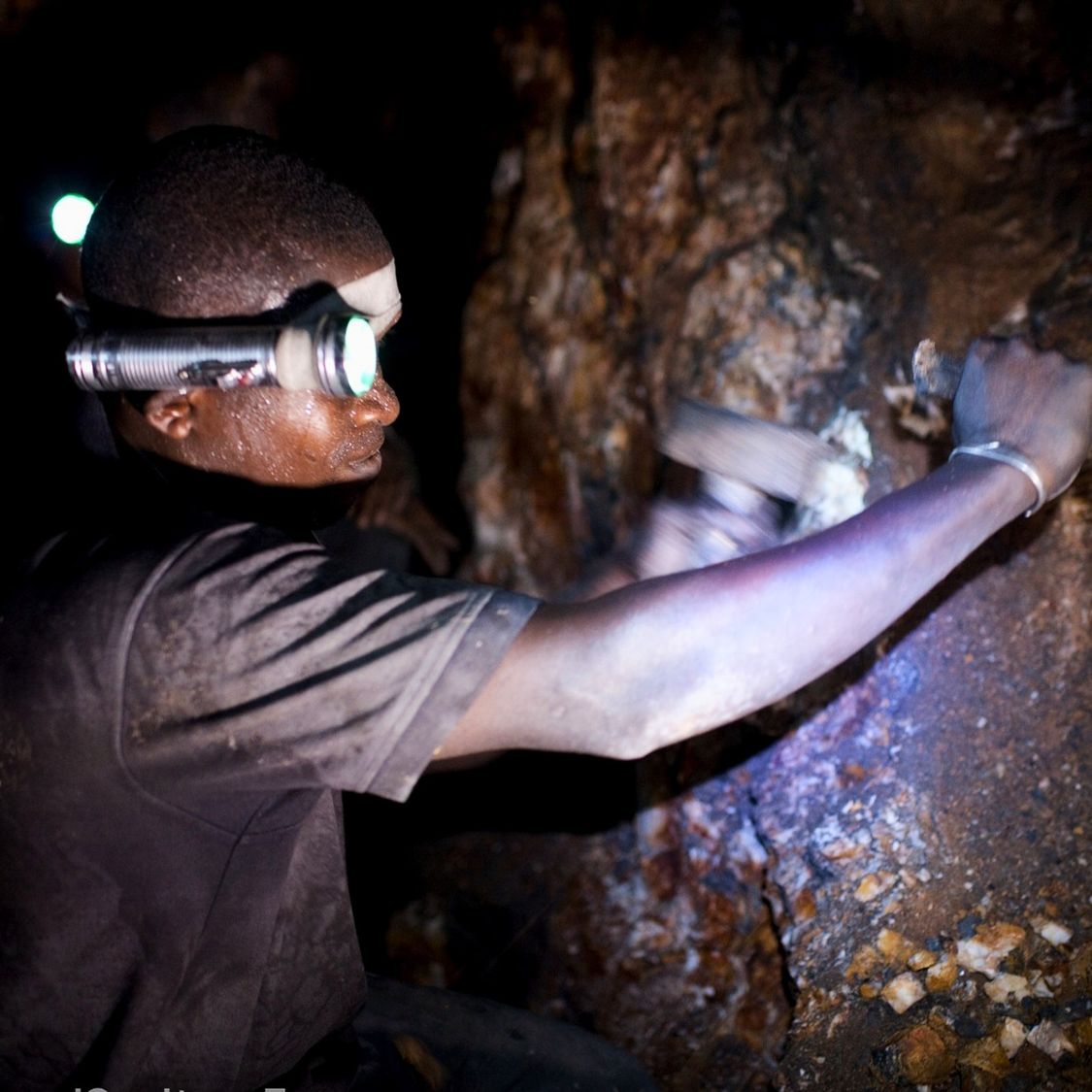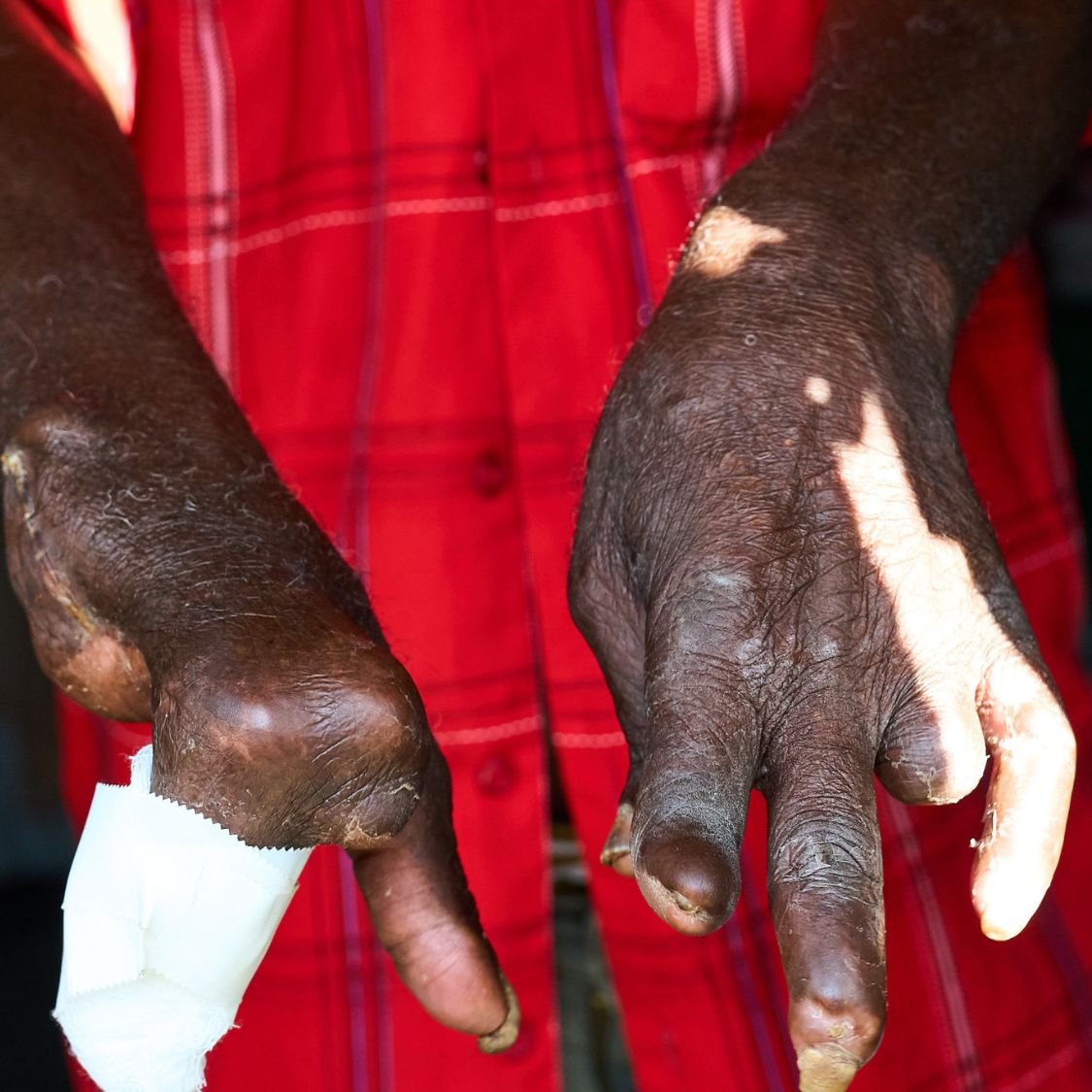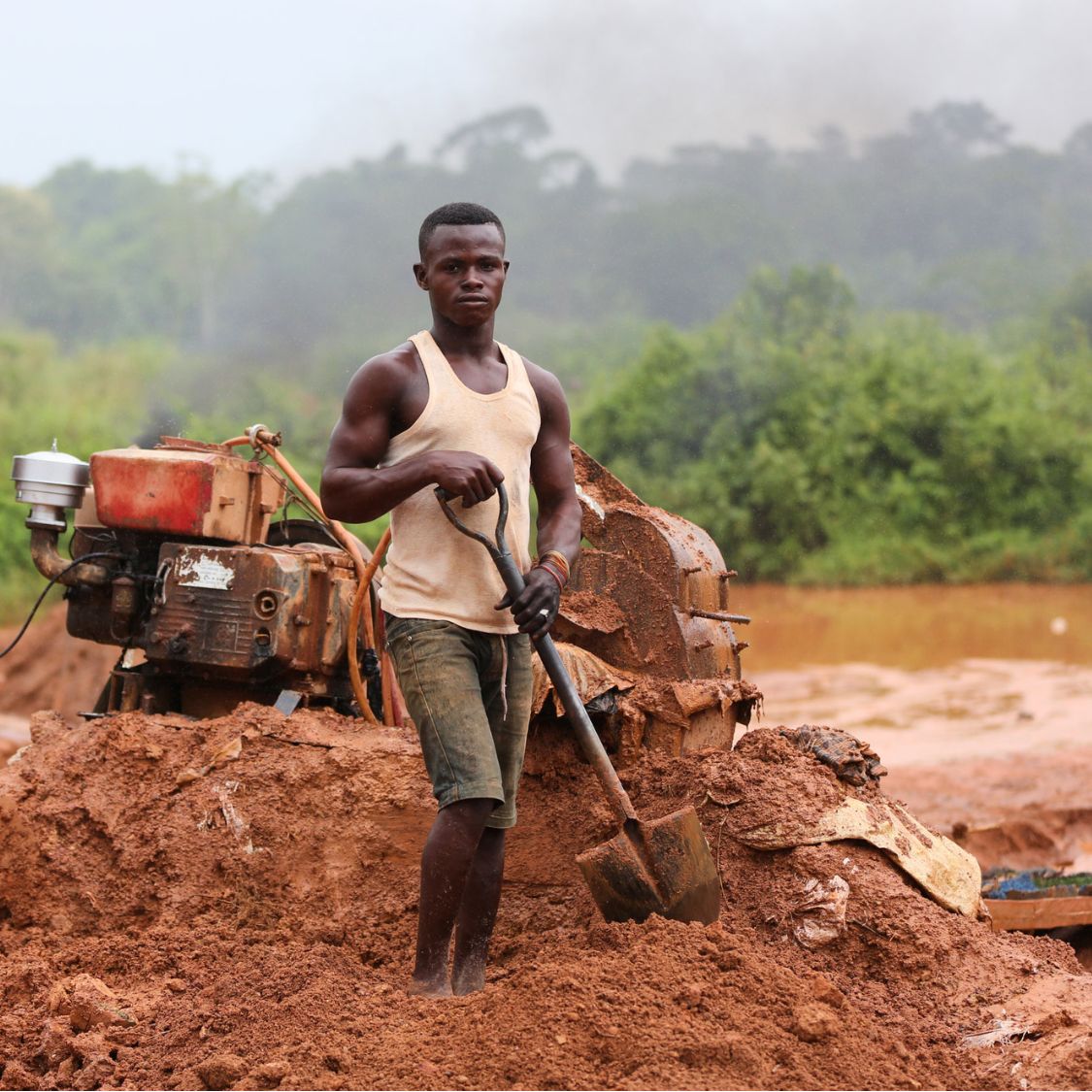Since our inception in 2000, Free The Slaves has committed itself to a singular, urgent mission: ending modern slavery.
Through years of experience and on-the-ground work, we’ve honed a multi-dimensional strategy. We recognize that ending slavery is a collective effort, involving every layer of society.
Four Objective Areas
Influencing Policymakers and Advocating for Change
A critical challenge in eradicating modern-day slavery lies in government policies and the success of their implementation and enforcement. Inadequate or misaligned policies and ineffective implementation can perpetuate the conditions that allow slavery to thrive. Therefore, we’re actively involved in influencing governments to adopt transformative policy changes and invest in effective implementation of programs and services in alignment with those policies. Through deep relationships, evidence-backed framework creation, and strategic partnerships, we strive to reform laws and regulations at the international, national, and local levels. This includes our leadership role with Alliance 8.7, a United Nations program focused on eradicating forced labor, modern slavery, human trafficking, and child labor. In addition, we work closely with U.S.-based partners who have direct channels to the U.S. Congress and executive branch agencies. By transforming the very legal and structural framework that allows human trafficking to exist, we create an increasingly hostile environment for traffickers and a safer world for potential victims.
Engaging Local Communities
One of the most susceptible targets for human trafficking are local communities that lack the necessary education and resources and access to social supports services to effectively resist traffickers and protect their members. Recognizing this, our approach is centered around community engagement. We provide essential training and resources and mobilize communities to demand recognition of their human and labor rights and access to social services support structures that reduce their vulnerability to the deception, manipulation and threats of traffickers. By equipping them with the tools to protect themselves and reducing the social, economic, and political isolation of marginalized communities, we pave the way for grassroots resistance against slavery. The engagement of local communities creates a ripple effect, resulting in a nation and a region that’s inherently more resistant to human trafficking.
Movement Building
Continuous Learning
The landscape of human trafficking is constantly changing, posing a risk that existing anti-slavery measures may become outdated. In recognition of this, Free The Slaves cultivates a culture of continuous learning and actively invests in specialized research projects to refine our approaches. For example, we have delved into the connection between human trafficking and climate change in local communities in the Philippines, gaining insights into how environmental factors heighten vulnerabilities to trafficking. Similarly, our work in Peru focuses on understanding the complexities of modern slavery within indigenous communities. Through these projects, we maintain open channels of communication with survivors and research institutions, ensuring that our strategies remain both current and effective. This ongoing research, combined with insights from lived-experience experts, positions us to better anticipate and tackle future challenges, making our fight against slavery more proactive and less reactive.
By focusing on these four pillars—influencing policymakers, engaging communities, movement building, and continuous learning, our approach creates a comprehensive strategy designed for sustained global change.
By involving every layer of society, we’re not just aiming to free individuals; we’re aiming to create a world where slavery can’t exist.
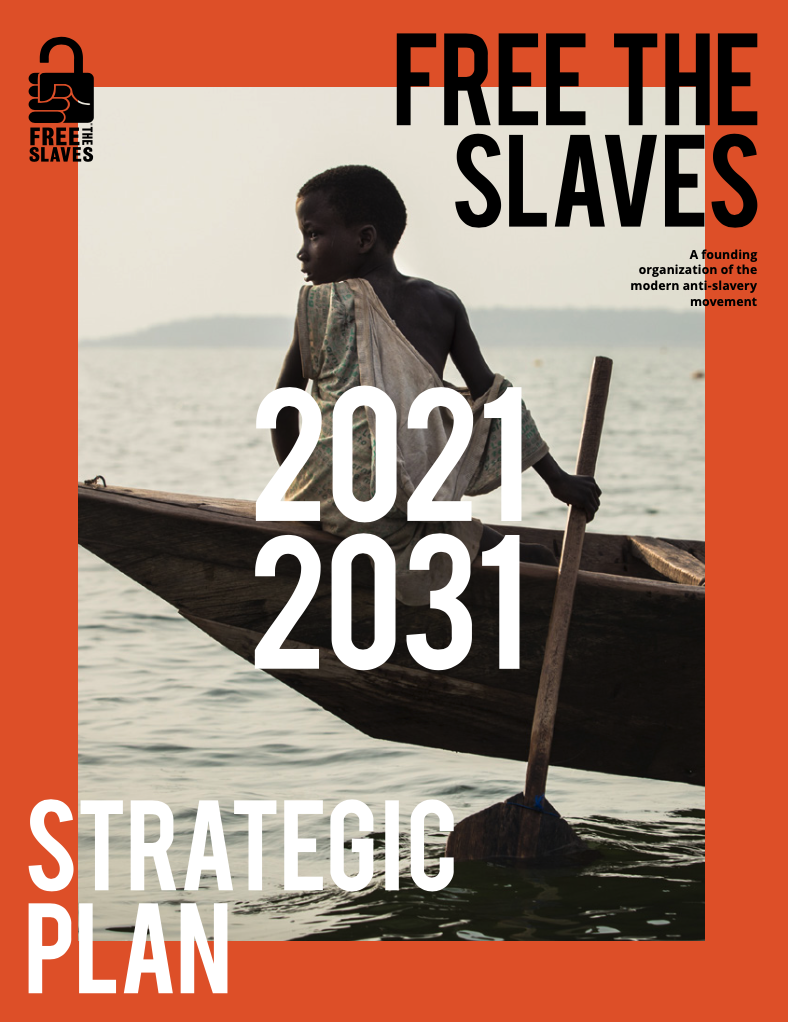
By downloading and diving into this comprehensive document, you’ll discover:
-
- Aligned Goals: How we sync with the United Nations Sustainable Development Goals to drive change.
- Focused Strategy: Our unique approach, from community engagement to global policy advocacy.
- Target Groups: Insights into the populations we prioritize, from marginalized communities to survivors.
- Principled Action: Key pillars of our mission, emphasizing community resilience and local solutions.
- Global Collaborations: Our role in multi-level coalitions and partnerships to amplify impact.
In the Strategic Plan you will learn more about our programs, research initiatives, and actionable plans.
We invite you to join us, as this mission requires both collaboration and strategic solutions. Together, we will end the conditions that allow slavery to persist.

